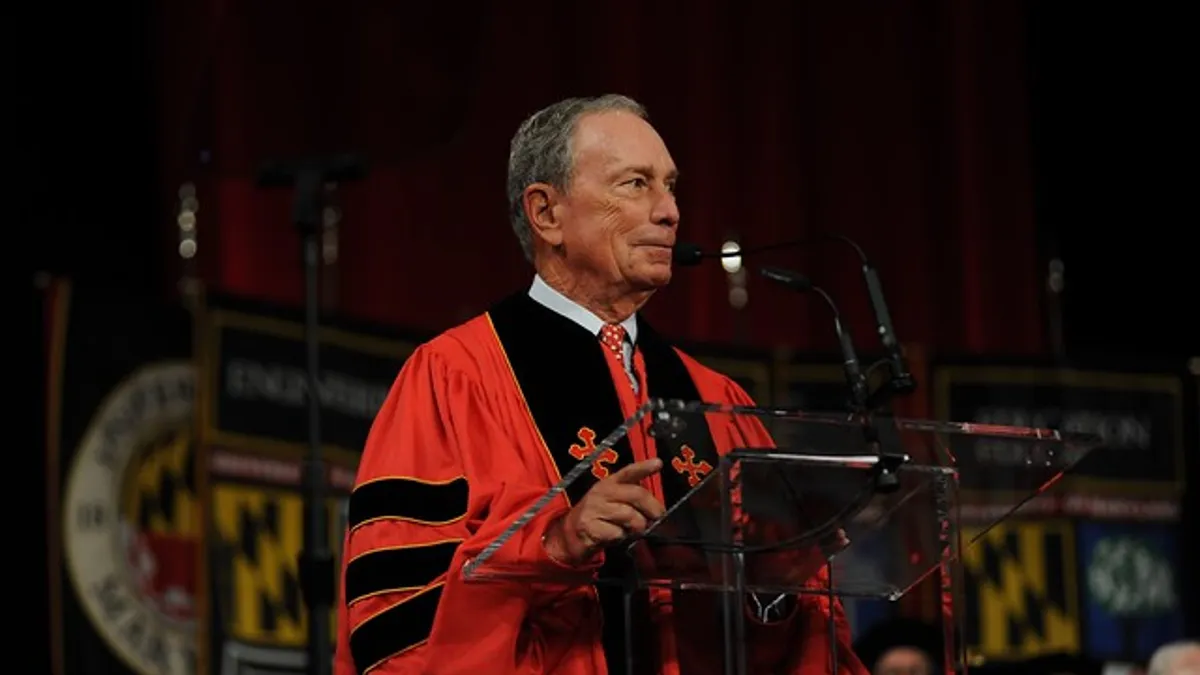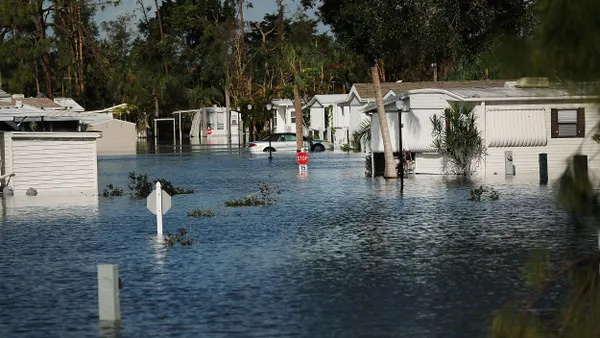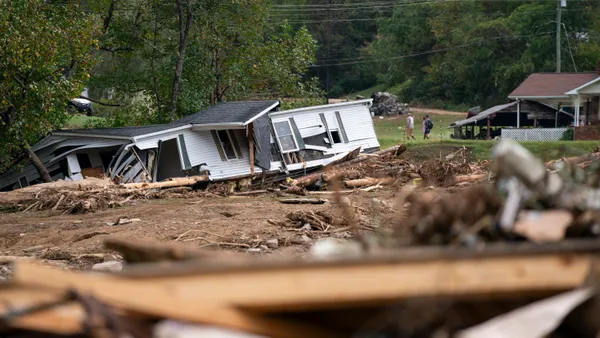Dive Brief:
- Former New York City Mayor Michael Bloomberg announced he will grant $2.3 million to the University of Maryland’s (UMD) Center for Global Sustainability and the Rocky Mountain Institute to study U.S. greenhouse gas emissions reductions. The report will be submitted to the United Nations at a December meeting in Santiago, Chile in place of the submission that would have come from the U.S. State Department.
- The grant, which Bloomberg formally announced in a commencement speech at UMD, is the third he has funded through the America’s Pledge initiative. That initiative seeks to quantify the actions of American states, cities and businesses are taking to fight climate change.
- "Bottom-up climate leadership from states, cities, businesses, and universities is where the action is today," Robert Orr, Dean of the UMD School of Public Policy, said in a statement. "Fusing strong data and analytics with political and economic leadership from below has proven to be a powerful and necessary tool to address the climate crisis we face today."
To meet the challenges of our time, we must be willing to take risks in defiance of long odds. My message for @UofMaryland’s Class of 2019 (and all of us): We will all encounter points of failure, but to change the world, you must refuse to give up. #UMD19 https://t.co/c1Yc3yNunq
— Mike Bloomberg (@MikeBloomberg) May 24, 2019
Dive Insight:
Since the Trump administration announced its intention to pull the U.S. out of the Paris Agreement, cities and states have taken the lead on climate action. By setting their own clean energy and emissions reduction goals, non-national actors say that they can uphold the country’s commitment to the climate pact, which was to cut emissions by 26-28% of 2005 levels by 2025. Many have banded together in groups like the "We Are Still In" coalition.
America’s Pledge, founded by Bloomberg and former California Gov. Jerry Brown, seeks to aggregate and quantify those pledges, and help advance climate research. According to America’s Pledge, the more than 3,000 sub-national partners it is tracking represent more than half of the U.S. population and would collectively be the third-largest economy in the world. A 2018 report found that, with those partners, the U.S. was almost halfway to meeting its Paris commitment, and that current policies would deliver a 17% emissions reduction of 2005 levels by 2025, even with population growth.
“Broader engagement” from states and cities, could put the country “within striking distance” of the Paris pledge, the report found.
Bloomberg, the United Nations Secretary-General’s Special Envoy for Climate Action, has also directed funding to cities through Bloomberg Philanthropies’ American Cities Climate Challenge; a recent report from the group found that the 25 cities involved would cut 40 million metric tons of carbon emissions by 2025.










